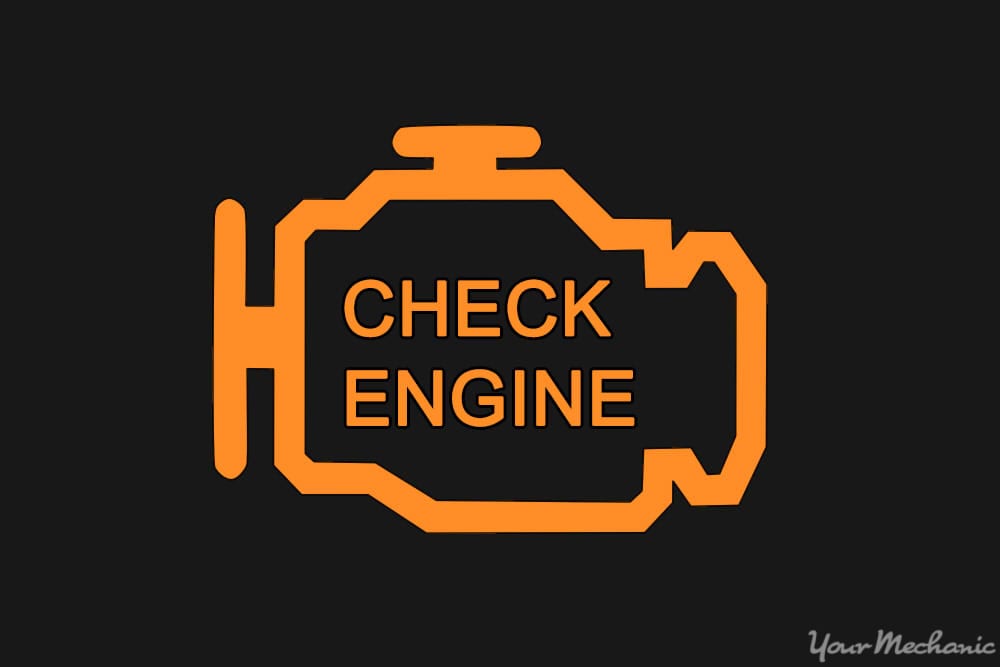
Engine Check Light
When driving your vehicle it is a good idea to scan your dashboard every so often, especially at a traffic light and when it is safe to do so. If you ever notice the - Engine Check Light come on, it either blinks or stays solid depending on the problem, either way, you need to have the vehicle checked by the mechanic. If the light is steady, it means that the problem is not an emergency, but it is a good idea to check your vehicle immediately.

Driving your car with your engine check light ON for an extended period of time, will cost you more in the long run. When the Engine Check light comes on, the car's E.F.I. goes into "LIMP" mode. LIMP mode means that the car becomes less dependent on input signals from sensors and runs off of pre-programmed parameters on the CPU which will help get you to the the nearest garage or destination without causing further damage to your vehicle.

Before you take your car to a mechanic to have the issue with the engine check light resolved, it is important to get confirmation that the mechanic has a diagnostic tool to perform the checks specific to your vehicle. The mechanic will need to interface with the cars E.F.I. either through a hand held device or laptop / tablet. This will allow him to see exactly which codes are coming up so he can further analyze the data and get to the root cause of the problem.

There are five possible reasons why your engine check lights comes on, this should be used as a guide, only when the diagnostic is performed on the car's E.F.I. you can confirm.
- Failing Oxygen Sensor - Measures the Air/Fuel ratio through the exhaust and maintains optimum combustion.
- Bad Fuel - Water in fuel normally leads to something called - Engine Knock or Engine pinging, this results from combustion taking place before the piston reaches Top Dead Center.
- Failing Mass Air Flow Sensor - Measure the amount of air flow that enters the engine.
- Damaged Spark Plugs or Wires - A damaged plug or wire can cause a leak in the electrical system that creates a ground fault.
- Damaged Catalytic Converter - The catalytic converter converts the toxic gases from combustion into a more environmentally friendly discharge from the vehicles exhaust.
9 comments:
Thank for the information 👍😊
Very helpful and useful information. Thanks 👍
Interesting read!
Thanks
I’ve been using Astonishing Detail for a few months now, and honestly, it’s the best car wash in Richmond VA. They care about your vehicle like it’s their own — real attention to detail!
Just had my car done by Clean Image Mobile, and it’s hands down the best car cleaning in los angeles I’ve tried. They came right to my place, brought everything with them, and left my car spotless inside and out.
Just had my car done at Nu Image Ceramic Coating And Detailing, and I’m blown away by the results. Their window tinting in virginia beach service gave my ride a clean, sleek look while keeping the cabin so much cooler.
If you want your car to look like it belongs in a showroom, try car detailing in mansfield tx from Do It Right Ceramic Coating and Detailing. They even shared a few pro tips on how to maintain that fresh look — that kind of customer care is rare.
I tried a DIY kit before and messed it up, so I went to All 2Geather Wraps. Their professional Ceramic Coating in boynton beach fixed everything and gave my paint that deep mirror finish.
Post a Comment